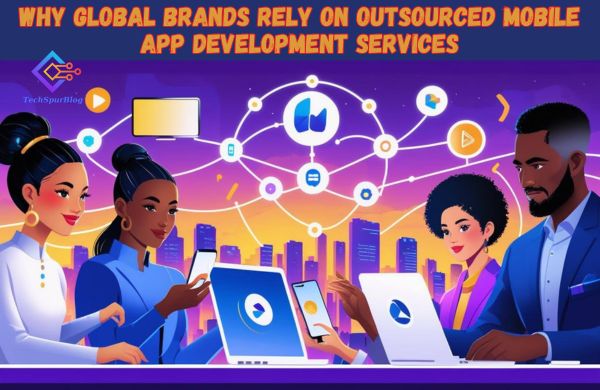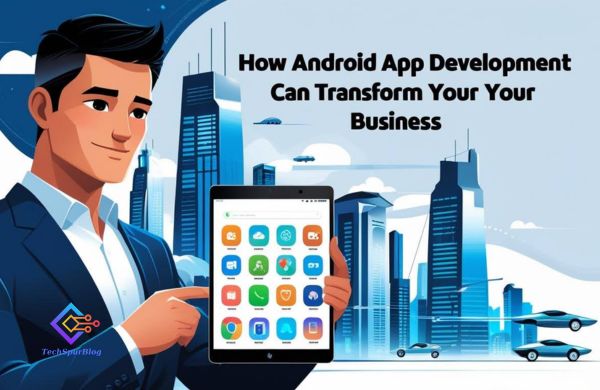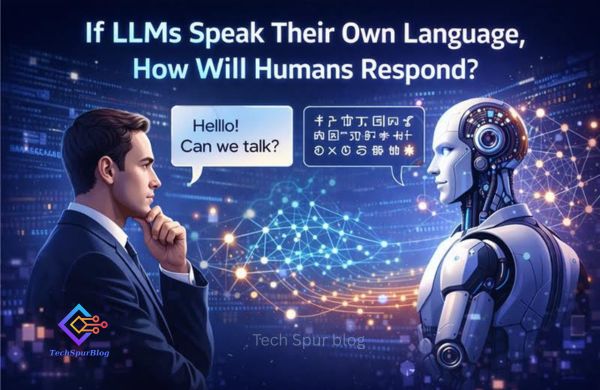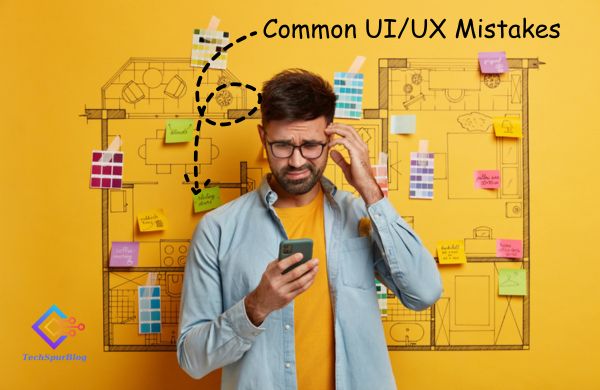Montreal is a city that has always succeeded by blending old and new. From cobblestone streets lining Old Montreal to high-tech start-ups packed into Mile-Ex, the city’s personality is its ability to innovate while holding on to tradition. One tiny but powerful tool recently arrived on the scene to aid in this balance: the online QR code creator.
What was once an industrial utilitarian tool has evolved quietly into a digital bridging tool between industries, cultures, and daily life. In Montreal, QR codes are no longer just a technological phenomenon — they’re a fundamental part of the way we discover art, access public services, and shop at local businesses.
QR Codes in Montreal’s Cultural Scene
The cultural capital position of Montreal is not debatable. From international festivals like Just for Laughs to the Montreal International Jazz Festival, activities never cease in the city as locals and tourists flock in. QR codes are now a standard way of engaging participants more deeply.
Even event organizers use QR codes on posters, flyers, and even city murals nowadays, allowing bystanders to scan and have an instant access to schedules, tickets, or artist information. Foreign visitors also find that most QR-linked pages offer multilingual support, meaning Montreal culture has never been more accessible.
QR codes extend the experience beyond the walls of museums and galleries. A visitor at the Montreal Museum of Fine Arts, for example, can scan a code next to an exhibit to hear the artist’s comments, watch behind-the-scenes clips, or even download a 3D image of the piece.
Also Read: URL Shortener with QR Code Generator: Simplify and Enhance Your Links
Supporting Local Businesses with QR Codes
The pandemic accelerated a shift in customer behavior, and QR codes became the savior for many small businesses in Montreal. Plateau-Mont-Royal and Little Italy restaurants implemented QR menus not only from a health perspective but also due to the fact that they were an affordable and green option.
Nowadays, this habit has become second nature for customers. But pioneering restaurateurs are pushing it to the next level. Some use QR codes to:
Provide special offers: A code on the back of the receipt rewards a return visit with a discount.
Promote sustainability: QR-linked pages highlight sourcing practices, giving customers access to the farmers who supply local ingredients.
Share better stories: Breweries in neighborhoods like Verdun or Rosemont put QR codes on their cans and bottles, which link to videos of their brewing process and community events.
By blending storytelling with accessibility, local businesses are building stronger, more authentic relationships with their patrons.
Public Services and Urban Innovation
Montreal’s civic spaces are also embracing QR codes. Walking along the Lachine Canal, you’ll find codes posted at heritage sites that connect to historical archives, audio tours, or interactive maps. These simple black-and-white squares help preserve stories that might otherwise be overlooked.
Another example is the city’s transit system. STM subway and bus stops now more often feature QR codes that bring real-time schedules, updates, or alerts — a godsend in a city where winter storms can redefine commutes in minutes.
Public health has also embraced QR access. Via vaccination campaigns, QR codes simplified appointment bookings and provided vital multilingual information. This flexibility reflects Montreal’s multicultural citizenry so that no community is left behind.
Also Read: India’s Digital Payment Revolution: Ushering in a Cashless Era
The Future of QR Codes in Montreal
The future could be in the construction of smart cities. Imagine walking around Quartier des Spectacles on an evening of street light display and scanning QR codes to vote on the next color to show. Or going to a local food fest where wristbands linked with QR codes cover everything from entry to cashless transaction to voting for the crowd’s favorite dish.
As augmented reality increasingly goes mainstream, QR codes will increasingly act as portals to immersive experiences. A Hochelaga mural might spring to life with animation after a quick scan, fusing street art and digital storytelling.
A Bridge Between People and Possibilities
What makes QR codes so resilient in Montreal isn’t just how easy they are, but how much they reflect the city itself: open, multilingual, innovative, and evolving. They’re not replacing tradition; they’re complementing it, making culture, commerce, and community accessible to everyone.
So the next time you’re walking around Montreal and catch a glimpse of that black-and-white little square, don’t dismiss it as a technology fad. It can be your key to discovering a hidden history, assisting a local business, or experiencing the city in a manner previously unimaginable.


















